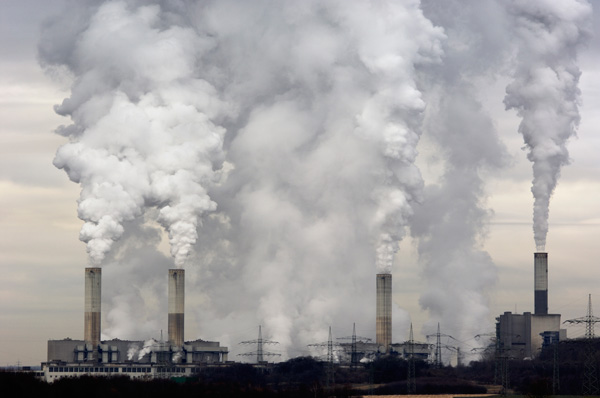- La Feria Community Holds Succesful Business Mixer Event
- Little Nashville to Take Place in Downtown Mercedes
- Lions Basketball Captures District Gold
- La Feria ISD Students Compete in Regional Chess Tournament
- Lions End First Half of 32-4A on a High Note
- La Feria ISD Held Another Successful Parent Conference
- Strong Appearance for Lions at Hidalgo Power Meet
- LFECHS Students Get to Meet Local Actress
- Students Participate in Marine Biology Camp
- Two LFECHS Students Qualify for All-State Band
Report: Presidents Have Power to Limit Climate Pollution
- Updated: September 25, 2015
by Eric Galatas
AUSTIN, Texas – A new report from the Center for Biological Diversity highlights how President Barack Obama, or any other sitting president, has legal authority to prevent 450 billion tons of climate pollution.
Michael Saul, a senior attorney with the Center, says that’s how much carbon the president could keep from being extracted on publicly owned lands without waiting for Congress.
“This is a hugely powerful and immediately available tool to mitigate the potentially catastrophic effects of climate change,” says Saul.
The report makes the case that any president could stop issuing new leases and prohibit energy development on public lands under powers already established in a series of federal land management acts.

A new report highlights how U.S. presidents have legal authority to keep 450-billion tons of climate pollution in the ground. Photo: acilo/iStockphoto.
Saul admits the notion of telling the energy sector to stop drilling may seem far-fetched in today’s political climate. Several coal-producing states have joined a lawsuit against the Environmental Protection Agency’s far more conservative Clean Power Plan, claiming regulations would hurt the economy and lead to job loss.
Saul says the Clean Power Plan alone won’t keep global temperatures from rising to potentially irreversible levels. The Center’s study found the amount of carbon yet to be extracted from federally controlled public lands, if burned, would result in 13 times more climate pollution than was released across the entire planet in 2013.
“What’s conservative here is actually taking real steps not simply to increase the efficiency of this system but to say, ‘These fuels need to stay in the ground,’” says Saul.
The study points to scientific research showing that, in order to preserve a habitable climate, a vast majority of fossil-fuel reserves should not be burned. Saul says since good legal arguments already are in place, all that’s needed now is a president willing to step up.


